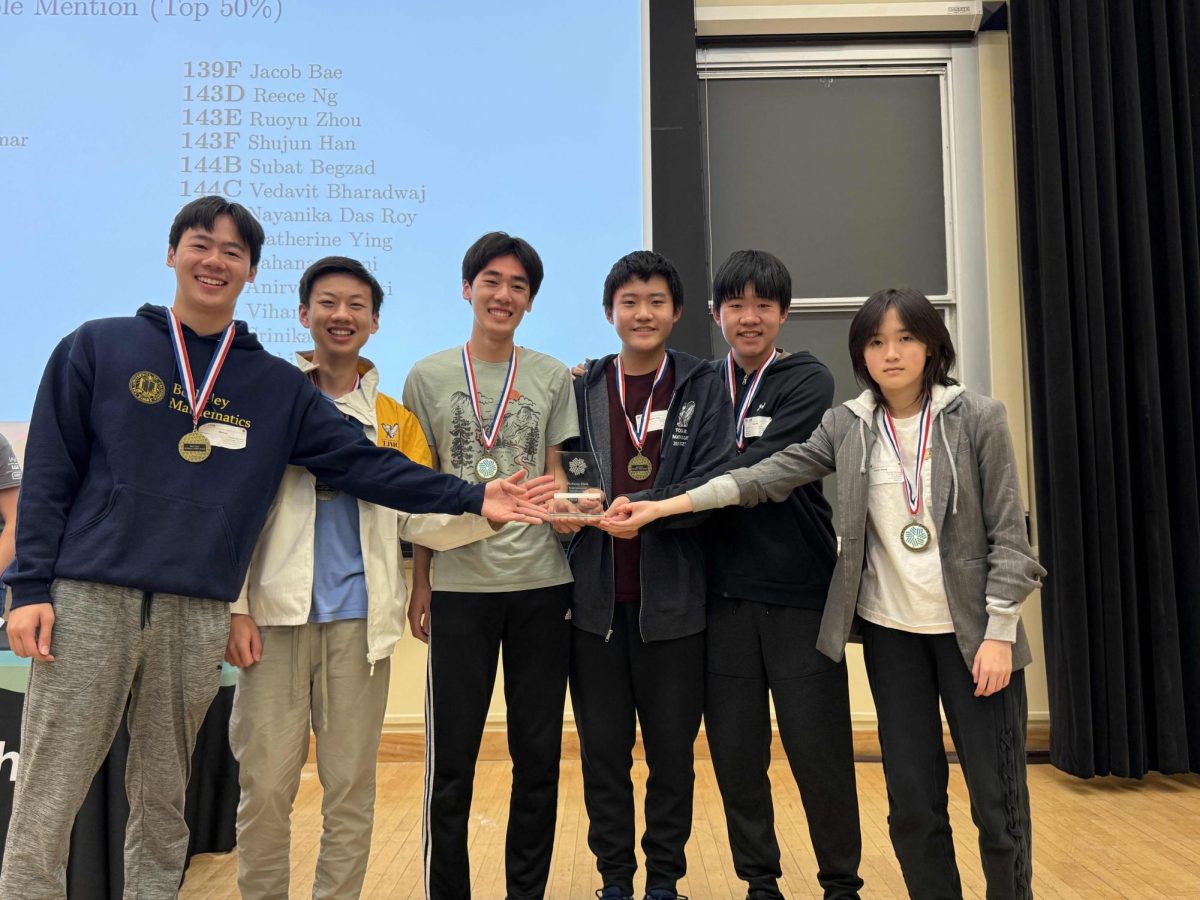The bell rang at noon sharp and the frantic rush to the Quad began. Five minutes later and students standing on the falcon mosaic were being shoved left and right.
Club Day took place on Sept. 26 this year and was organized by senior clubs commissioner Sherrilyn Ling.
According to Ling, over the past few years, clubs have increasingly found that the lure of food is key to gaining new members.
“It's pretty obvious that Faithwalk's table attracts a lot of people because of their root beer floats, so other clubs take note of that success and apply it for the next year,” she said.
Sophomore Lilah Foster, co-president of the marine biology club, said that her club principally used food to attract new members.
“We had jello cups and cupcakes, which definitely captured people’s eye,” said Foster.
Freshman Ian Kim went to Club Day “half for the food.” Many other freshmen also observed that the offering food served as strong incentives for them to join.
“Food is like the turning point for me,” freshman Isabelle Yang said, ”as in whether I plan on joining that group. Unfortunately, I'm a very food driven person, and it's not like I don't look into what the clubs are like. Food is just an extra, extra plus.”
By bringing together people of common interests, Club Day actually raises school spirit, which is more important than the food incentives, said Yang. Freshman Dean Stratakos said that although food helps initially with the number of signups, he thinks it has little effect on the actual attendance rate at club functions later in the year.
“Only the people who truly have passion for those clubs will attend their meetings,” Stratakos said.
Ultimately, using food as an incentive may provide misleading information about the popularity of the club, freshman Ayush Aggarwal said.
“A lot of the time, food at the booths are the only reason people sign up,” said Aggarwal. “[They] don’t really join because they like the club, although that only applies to very few clubs.”
Ling said food adds to the atmosphere of Club Day, although it may be an inaccurate measure of the success of a particular club.
“Clubs just need to remember that food is not the key to having a successful club — there is a lot of other work and effort required,” Ling said.




























